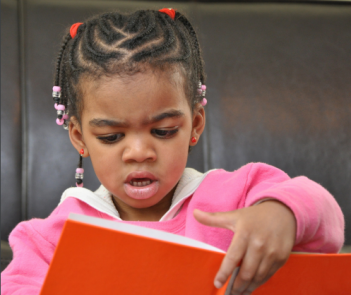Make your tax-deductible gift by December 31—every gift matched, up to $150,000!
In this moment, the future of our rights, our bodily autonomy, our freedom feels uncertain. What we do next will make a difference for decades to come.
Make your tax-deductible gift by December 31—every gift matched, up to $150,000!
In this moment, the future of our rights, our bodily autonomy, our freedom feels uncertain. What we do next will make a difference for decades to come.
Double your impact in the fight to defend and restore abortion rights and access, preserve access to affordable child care, secure equality in the workplace and in schools, and so much more. Make your matched year-end gift right now.
Upon hearing the news this morning that author Harper Lee had died, my mind immediately turned to her most famous novel, To Kill a Mockingbird. Specifically, I recalled a phrase that’s being widely shared on social media: “Until I feared I would lose it, I never loved to read. One does not love breathing.”
The first time I read those two sentences, I ran for a highlighter and lit the words up in bright yellow so I could always find my way back to them. For me and other avid readers, they rang so true. My mother loves to tell people that when I was just months old, I would surround myself with a moat of picture books and flip through them as if I had a clue what they said. And once I could actually read, there was no stopping me. I was a certified bookworm.
 But I could only do that, and Mockingbird’s Scout could only learn to read over Atticus’ shoulder, because we had basic privileges that helped us become readers.
But I could only do that, and Mockingbird’s Scout could only learn to read over Atticus’ shoulder, because we had basic privileges that helped us become readers.
Who gets the chance to love reading is not a matter of luck or chance. It’s a matter of resources, of opportunity, and of investment. And the fact is, there is not enough investment in poor communities — especially communities of color — to create academic opportunity. These disparities start early. Researchers in the 1990s found that before the age of three, children in low-income families hear 30 million fewer words than kids in middle- and upper-class families. Thirty million words, before these kids ever set foot in a preschool or first grade classroom. If runners or swimmers got a thirty million second head start, the Olympics wouldn’t even be worth watching. It’s pretty difficult to catch up with someone who started running 11 months before you. Now translate that to building a vocabulary, and recognizing those words when they’re written down.
There are more differences when children get to the classroom. African American children disproportionately attend racially isolated, high-poverty schools that lack equal resources like updated textbooks and well-trained teachers. The inequalities can start stacking up as early as pre-kindergarten, and go all the way through to limited science, technology, engineering, and math courses in high school. African American students are also more likely than white peers to have teachers who don’t meet licensure standards. The process of learning to read is made more difficult not by anything these children are doing, or by their own capacity to read and enjoy reading, but by a teaching process that sets them up to struggle.
And what books are children reading when they get the chance to? Out of 3,200 children’s books published in 2013, only 93 were about African American people. People of color made up 37 percent of the U.S. population that year, but guess how many children’s books had content about people who weren’t white? Only 10 percent. It’s a known fact that children learn better when they see themselves in their educational materials. Even if a poor child of color breaks down every other barrier to reading, they still don’t get to read about their own world.
Fearing that a child will “lose” reading is not enough. We need to be horrified by how many children don’t get to read in the first place. We need to fear that children are losing exposure to representative, relevant, realistic literary standards. And then we need to do something about it.